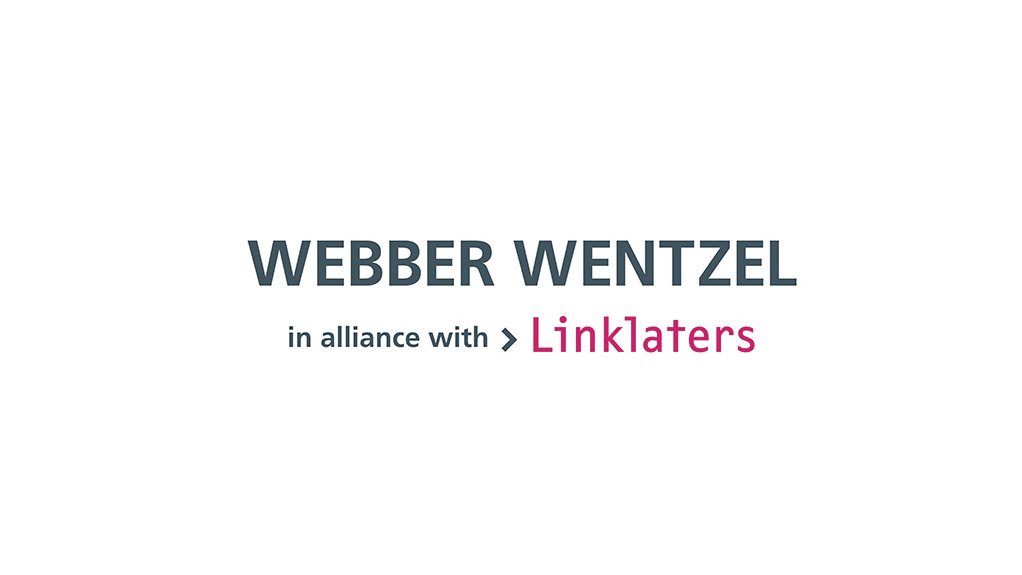Section 18 of the NEM: Waste Act provides the framework for the identification of products or classes of products in respect of which the extended producer responsibility (EPR) applies, as well as for the specification of EPR measures to be taken in respect of such products and their related wastes. EPR speaks to a producer’s responsibility for a product extending to the post-consumer stage of a product’s life cycle.
Recent, significant developments have occurred in the waste regulation sector by way of draft regulations and notices being published in respect of EPR. On 26 June 2020, Minister Creecy published draft regulations regarding extended producer responsibility (Draft EPR Regulations), whose purpose is to provide the framework for the development, implementation, monitoring and evaluation of extended producer responsibility schemes (EPR Schemes) by producers, importers and brand owners in terms of section 18 of the NEM: Waste Act (under GN 718 in GG 43481).
The Draft EPR Regulations apply only to products and their related waste streams identified by the Minister in the Gazette (see draft notices below), and envisage that all producers of identified products and their related waste streams will establish and implement an EPR Scheme or join an EPR Scheme established by a product responsibility organisation (PRO) on behalf of its producers. The EPR Scheme is defined as a system that puts into effect obligations under which producers are given full responsibility to implement EPR.
The registration and establishment requirements; qualification and operating criteria; and extent of obligations imposed on producer-established EPR Schemes and PRO-established EPR Schemes means that the costs of doing business in the identified sectors is likely to significantly increase in the near future. Such obligations, by way of example, relate to financing EPR Schemes, maintaining systems to collect and independently audit EPR fees, establishing data collection and reporting systems and going out to tender on waste collection / recycling / recovery contracts. The failure to comply with these Regulations is further proposed to be criminalised and to attract fines and potential revocations of EPR Scheme registrations.
Draft notices were published together with the Draft EPR Regulations, which identify the following producers or class of producers of the specific products listed in each notice to set up procedures, processes and invest resources to implement the extended producer responsibility measures and who will be responsible for developing and implementing an EPR Scheme (or for establishing a PRO to prepare same):
- The electrical and electronic equipment sector (applying to the products and the resulting waste which arises from the use by a consumer or an end user of electrical and electronic equipment) (under GN 720 in GG 43483);
- The lighting sector (applying to the products and the resulting waste which arises from the use by a consumer or an end user of lighting equipment) (under GN 717 in GG 43480); and
- The paper and packaging sector and some single use products (applying to waste which arises from the use by a consumer or an end user of the identified paper, packaging and single use product materials) (under GN 719 in GG 43482).
It is proposed in the first two notices above that the identified producers in operation at the time of final publication will be required to prepare and submit an EPR Scheme to the Minister, or to establish a PRO which must prepare and submit an EPR Scheme to the Minister (where permissible), within 6 months of final publication of the notice. No similar timeframes are proposed to be prescribed for the paper and packaging sector.
The Draft EPR Regulations and each of the Sector Notices are open for public comment until 27 July 2020.
Written by Garyn Rapson, Paula-Ann Novotny, Kgalalelo Modibedi, Webber Wentzel
EMAIL THIS ARTICLE SAVE THIS ARTICLE ARTICLE ENQUIRY
To subscribe email subscriptions@creamermedia.co.za or click here
To advertise email advertising@creamermedia.co.za or click here











